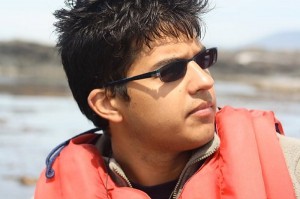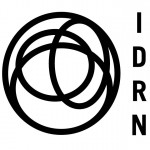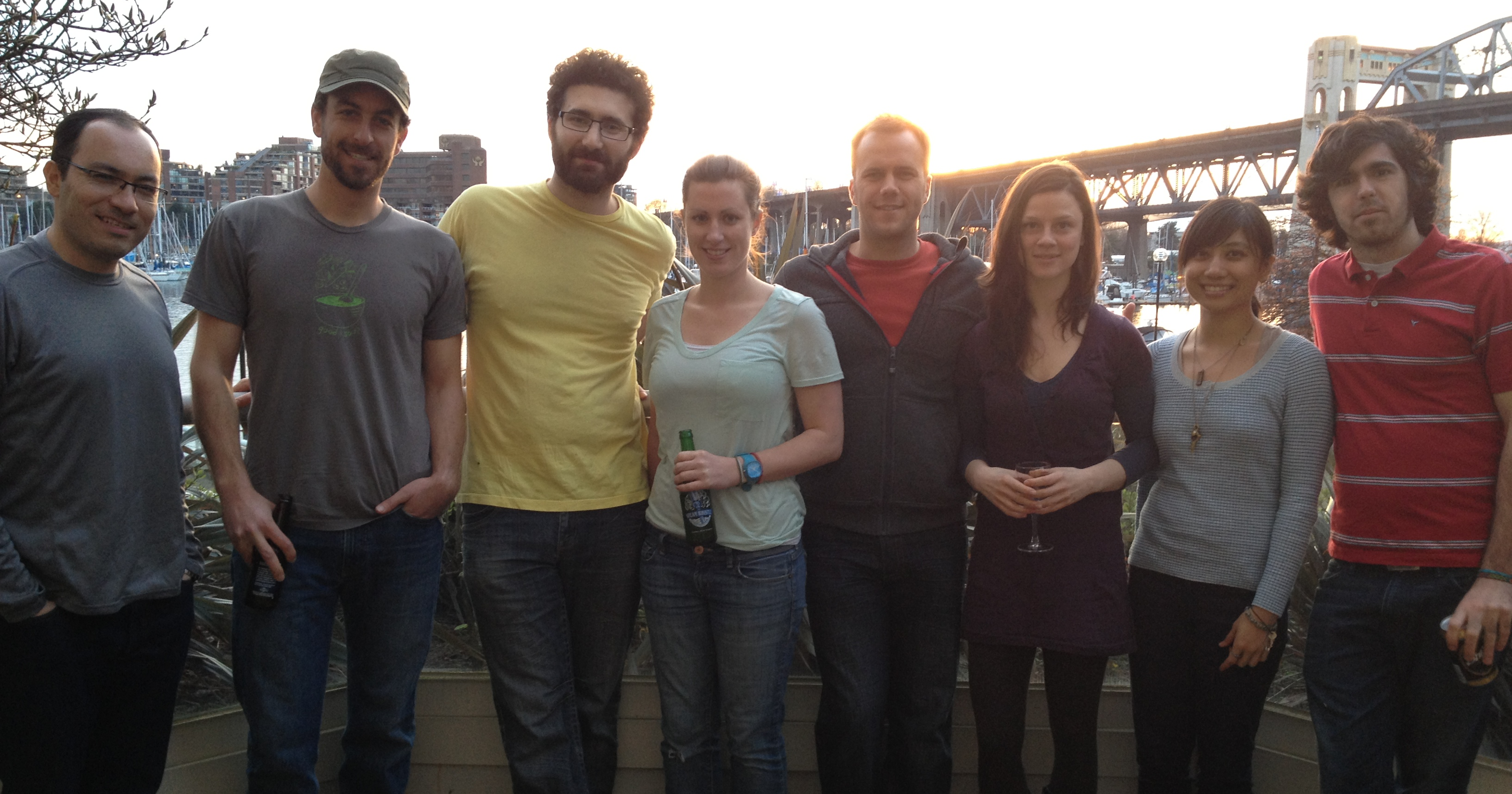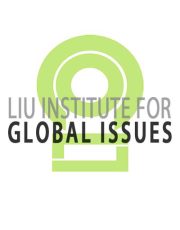 I conduct field intertidal research for the BCCES (British Columbia Coastal Ecosystem Services) project. I am at the Institute for Resources, Environment, and Sustainability (http://www.ires.ubc.ca/) at the University of British Columbia, supervised by Kai Chan and Chris Harley.
I conduct field intertidal research for the BCCES (British Columbia Coastal Ecosystem Services) project. I am at the Institute for Resources, Environment, and Sustainability (http://www.ires.ubc.ca/) at the University of British Columbia, supervised by Kai Chan and Chris Harley.
I recieved a Bachelor’s degree from the University of Alberta in Conservation Biology where I garnered an interest in ecological processes and conflicts between conservation values and natural resource extraction. I worked with Dr. Robert Hudson on researching sustainable agriculture and I worked in Dr. James Cahill’s lab helping with research in tri-trophic interactions between mycorrhizal fungi, flowering plants, and pollinating insects.
I worked in Agriculture and Agri-Foods Canada to help develop a dynamic landscape model looking at the environmental impacts of agricultural land use utilizing different agroforestry practices. I also collaborated on a project studying native bee diversity and pollination under varying levels of habitat heterogeneity in agricultural fields.
My background led to my current interest in ecosystem services and human-carnivore coexistence. Currently, I work with Drs. Kai Chan and Chris Harley investigating the impacts of sea otter reintroduction and kelp forest recovery on the diversity and productivity of intertidal communities.
Sea otters are predators of marine invertebrates, which has important implications for people who use take invertebrates for subsistence, recreational and/or commercial interests. But sea otters often initiate a trophic cascade whereby kelps are released from grazing pressure. Kelps enter marine food webs through direct herbivory and kelp detritus. This kelp biomass can act as a food subsidy for intertidal invertebrates and could lead to greater rates of secondary production. My work involves testing this hypothesis on the west coast of Vancouver Island, where sea otters are expanding their range.
Otters have important top down (i.e. predation) and bottom up (kelp forest recovery) impacts on intertidal communities. These processes have inverse impacts on many species in intertidal communities. My work also investigates how intertidal communities change under sea otter influence.
To see what goes on in Chris Harley’s lab (and to see the other side of my face) visithttp://www.zoology.ubc.ca/~harley/Harley_Lab/Home.html.
I can be contacted at gsingh@ires.ubc.ca.



